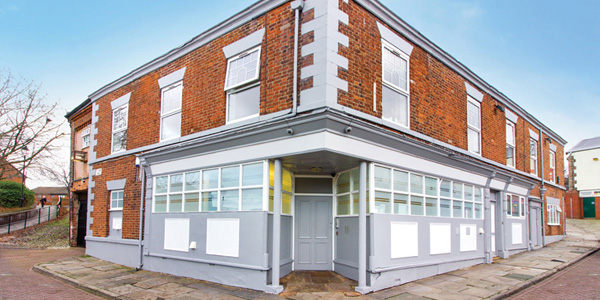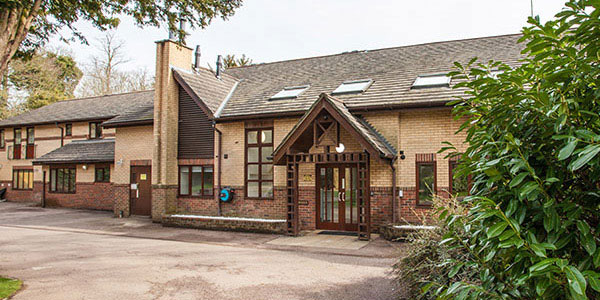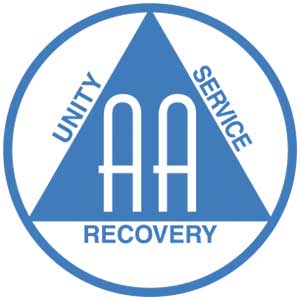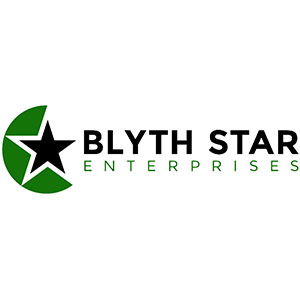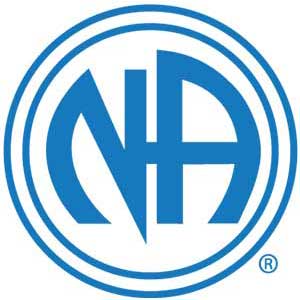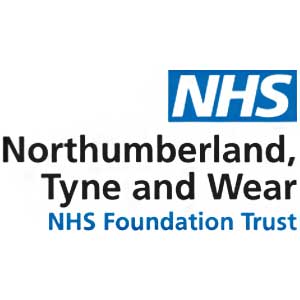Alcohol & Drug Rehab in Blyth
Addiction – whether to alcohol, illegal drugs, or prescription medication – is a malaise affecting every corner of the UK; contrary to popular representations in the media, this is not an issue limited to Britain’s inner cities, but one which causes personal tragedy and social strife right across the land, including in towns like Blyth.
However, although this problem is already an incredibly serious one – and unfortunately is worsening year after year – help is out there for addicts in Northumberland and anywhere else wishing to turn their lives around. If you or a loved one are wrestling with addiction, read on to find out how rehab can set you on the path to recovery.
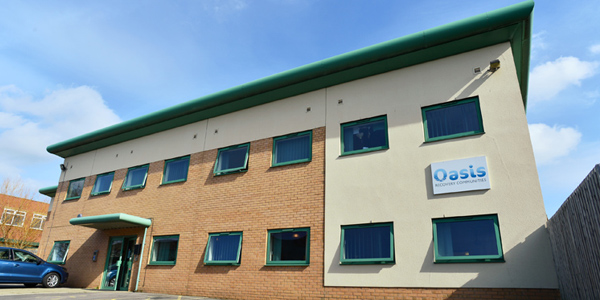
Built in 2009, Oasis Bradford was originally commissioned by the Department…
- Private
- 24/7 Nursing
- 24/7 nursing
- Residential
Featured Rehabs
Oasis Runcorn is quite unique detox and rehab unit in offering two treatmen…
Banbury Lodge is a private UKAT rehab facility based in Banbury, Oxfordshir…
Liberty House Clinic is a fully furbished detox and rehabilitation facility…
-
- 12 Step
- Group Setting
- Free
- Outpatient
-
- Disabilities
- Mental Health
- Free
- Support
-
- Free
- Group Setting
- 12 Step
- Support
-
- Free
- Outpatient
- 12 Step
- Support
-
- Free
- Outpatient
- 12 Step
- Support
- Load More
Drug & Alcohol Rehab Services in Northumberland
- A
- B
- C
- D
- E
- F
- G
- H
- I
- J
- K
- L
- M
- N
- O
- P
- Q
- R
- S
- T
- U
- V
- W
- X
- Y
- Z
What Is Rehab?

Residential rehabilitation – otherwise known as “rehab” – is the name for addiction treatment carried out on-site at a dedicated facility, and also for such a facility itself. Treatment at rehab typically comprises two main phases: detoxification (or “detox”), which may be medically assisted; and therapy.
Rehabs typically have attractive and peaceful settings, in which patients can focus on their recovery away from temptation. Crucially, rehabs are also very confidential facilities, so that patients can relax safe in the knowledge that details of their condition may become common knowledge.
Rehab is usually considered to provide the most effective treatment of addiction (in terms of producing long-term recovery) because its holistic approach addresses both the immediate challenges of physical dependency and the longer-term one of psychological addiction. Treatment which only addresses one of these aspects (which is usually physical dependency) is much less likely to result in permanent abstinence on the part of the addict.
How Can I Get Someone into Rehab?
Thousands of people die from substance abuse each year in the UK, and countless more suffer from drug-related accidents and acts of violence in which substance abuse is a factor. It’s not too much to say that addiction treatment literally saves lives.
Moreover, the sooner someone is able to admit to their addiction, and the sooner they’re then able to reach out for help, the sooner they can get that help within the tranquil and caring environment of a quality rehab.
Addiction treatment services are available on the NHS, and many of these are of a high quality; however, there are unfortunately comparatively few places available when set against the very large number of addicts to be found in the UK, and as a result, waiting times are often extremely lengthy.
If you or a loved one are looking to get help now to tackle a potentially fatal addiction, do not hesitate: reach out today to talk about some of the private options which may be available to you in or near Blyth. Call 0800 024 1455 to speak with an addiction specialist.
Advantages of Private Rehab
As noted above, a good rehab provides a peaceful, highly secure, secluded and confidential setting in which an addict is able to concentrate on their recovery away from the temptations of the outside world and the environment in which substance abuse has become a way of life.
When an addict enters rehab they will be given a thorough assessment of their condition and the extent of their addiction, and will then begin a detox to cleanse their system of substances of abuse; this detox will be supervised by highly experienced medical personnel to ensure that the process is as safe as possible and that the experience of withdrawal is made as comfortable as it can be (which may involve the provision of certain medications).
Following the detox phase a patient will engage in various forms of therapy which will uncover the root causes of addiction (crucial if the patient is to go on to lead a drug- and/or alcohol-free life) and will give them psychological defence mechanisms to prevent relapse. They will also benefit from tailored fitness and dietary plans, and from a plethora of other resources available in the facility.
Following a stay in rehab, because recovery is an ongoing process which is not simply complete when the patient leaves the facility, they will also receive aftercare in various forms, which is usually free for up to a year at good facilities.
What Does Rehab Cost in Northumberland?
The cost of private rehab in or near Blyth can vary significantly from one rehab to another and depends a great deal on which optional extras are selected as well as other factors. As a rough guide, standard costs range from between £5,500 and £11,000 per month, though the cheapest rehab treatment can start from as little as £834 per week. For more details, call 0800 804 4755.
NHS Addiction Treatment Options Blyth
Private rehab may not be an option for everybody, possibly for reasons of cost or because an addict may not feel able to spend significant periods of time away from family commitments or professional obligations. If this is the case with you, do not give up hope: there are various NHS and charity resources which can be found in Blyth and across Northumberland. Consult your GP about which of these resources may be available to you.
Advantages of NHS Treatment
The main advantage of NHS treatment, unsurprisingly, is that it is free at the point of use, while private rehab typically comes at a cost which may be very off-putting to some addicts (though which is likely to fade into insignificance compared with the costs – financial and otherwise – of remaining addicted).
Another advantage is that the NHS operates across the country and thus may be more accessible geographically than many private rehab facilities (though again waiting times vary and may be too long for those desperate to break their addiction). Thirdly, although quality does vary by location, the NHS does offer a high standard of service.
Addiction Support Groups
There are various organisations providing assistance to recovering addicts in the UK, and some of these operate a support group model. Support groups are made up of individuals who themselves are recovering addicts, who come together regularly at meetings – usually free to attend, with the only qualifying criterion being a commitment to lead a substance-free life.
Here, addicts come together, give and take mutual support in the form of advice, solidarity, sympathy, and the companionship which can be so important when someone is struggling with the challenges of recovery and perhaps with simple loneliness.
The most famous support group organisation – and the model for most others – is Alcoholics Anonymous (AA); founded in 1935, AA runs on a 12-step programme of personal and spiritual development. Narcotics Anonymous (NA), founded in 1953, caters to recovering drug addicts specifically and is based directly upon the AA model.
Supporting those recovering from addictions to specific substances, again based on AA’s 12-step model, are Cocaine Anonymous (CA), Heroin Anonymous (HA), Marijuana Anonymous (MA) and Crystal Meth Anonymous (CMA). Support groups such as Al-Anon and Nar-Anon, meanwhile, help the families and friends of addicts, and typically hold meetings alongside those for the addicts themselves.
Each local support group chapter is run independently, and meeting schedules and venues are of necessity subject to change. To find information on meetings in or near Blyth, see the relevant websites: Alcoholics Anonymous
,Narcotics Anonymous; Cocaine Anonymous; Heroin Anonymous; Marijuana Anonymous; Crystal Meth Anonymous.
Types of Counselling

Individual counselling is a type of help for recovering addicts which can be particularly beneficial for people with very busy schedules. individual counselling may be engaged in following a stay at rehab (or other addiction treatment) as a supplementary aid to recovery, or perhaps as a way of managing an addiction before engaging in a full training programme.
Private addiction counsellors work in ways similar to the operations of “normal” psychotherapists, although the focus is on addressing the causes and consequences of addiction; counsellors offering a broad range of approaches to therapy and different therapy models can be found across the country, including in Northumberland.
Counsellors can be seen by private appointment, typically on a weekly basis, and usually charge a fee per appointment; while some counsellors make themselves available for emergencies, it is more common for access to be limited to working hours.
How to get to Oasis Recovery Bradford from Blyth
Oasis Recovery is a unique and pioneering detox and rehab centre located in the heart of Bradford in a quiet secure location perfect for those struggling with addiction. Spacious and tranquil, Oasis Recovery’s highly skilled medical and support staff, and its excellent infrastructure mean it can facilitate all manner of medical detoxes, including complex detoxes and those who require a higher intensity of medical care.
Oasis Recovery boasts 19 en-suite bedrooms – furnished to a very high standard – with walk-in showers, disabled facilities, large communal living areas, well-equipped treatment rooms, outside courtyard, and holistic spa jacuzzi. The medical team provide close monitoring of all patients throughout the day and night, while patients can also undergo structure therapeutic treatment alongside any medical detox which may be necessary.
To get to Bradford from Blyth, take the A193 down to the A189 towards Newcastle, then join the A19 and then the A1. Keep on the A1(M) following signs for London/Leeds, then at junction 42 join the M62 towards Manchester/Bradford. At junction 26, take the M606 exit and stay on the motorway until junction 3, at which point take the A6177 and then the A641/Manchester Road; then follow signs to the city centre.


